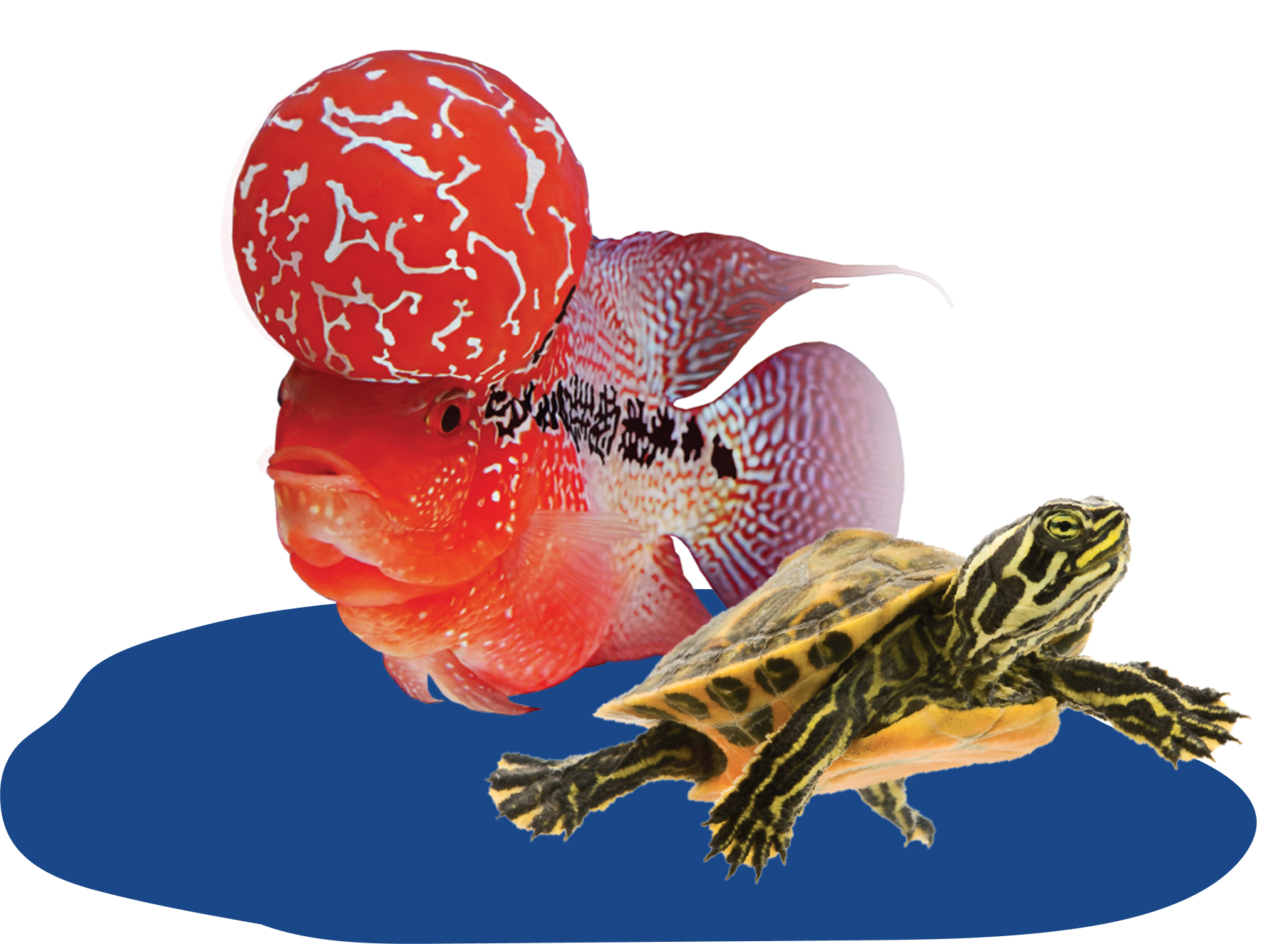Various types of aquarium filtration systems

Various types of aquarium filtration systems
Types of Aquarium Filter Systems Every Beginner Should Know — For a Clear, Clean, and Healthy Fish Tank
If you're just getting started with fishkeeping, choosing the right aquarium filter system is essential for maintaining a healthy environment for your beloved fish. A good filter keeps the water clear, odor-free, and reduces the need for frequent water changes. In this article, we’ll introduce you to the most popular types of aquarium filters, along with their pros and cons, so you can select the best one for your tank size and fish type.
1. Sponge Filter – Ideal for Small Tanks and Fry
The sponge filter is a perfect option for beginners. It’s affordable, easy to use, and works with an air pump that pushes air through a sponge. This creates suction that pulls water through the sponge, trapping debris and providing a surface for beneficial bacteria to grow.
✅ Pros:
Budget-friendly
Great for fry, small fish, and species that dislike strong currents
Low power consumption and quiet operation
❌ Cons:
Not suitable for large or heavily stocked tanks
Limited filtration power
2. Undergravel Filter – Hidden But Effective
The undergravel filter operates by placing a filter plate beneath a layer of gravel. Water is pulled down through the gravel, which acts as a mechanical and biological filter, then pushed back up through a tube. It provides effective biological filtration, especially over time.
✅ Pros:
Neatly hidden beneath the substrate, keeping the tank aesthetically pleasing
Ideal for display tanks where equipment visibility is a concern
❌ Cons:
Difficult to clean
Can accumulate waste under the gravel if not maintained properly
3. Hang-on Back Filter (HOB Filter) – High Performance & Easy Installation
One of the most popular aquarium filters for general use is the Hang-on Back filter, often referred to as an HOB filter. It hangs on the back edge of the tank, drawing water up for filtration through mechanical, chemical, and biological media before returning clean water to the tank.
✅ Pros:
Easy to install and doesn't take up space inside the tank
Offers multiple types of filtration (mechanical, chemical, biological)
Simple to maintain and clean
❌ Cons:
May produce some noise from water flow or the pump
Might be too strong for very small or delicate fish
Choosing the Right Aquarium Filter for Your Setup
Choosing the right aquarium filter depends on your tank size, the types of fish you keep, and how many fish are in the tank. A good filter helps prevent cloudy water, fish illness, and unpleasant odors. If you want a professional-grade clear fish tank, always consider the quality of the filter media, ease of maintenance, and long-term suitability.










